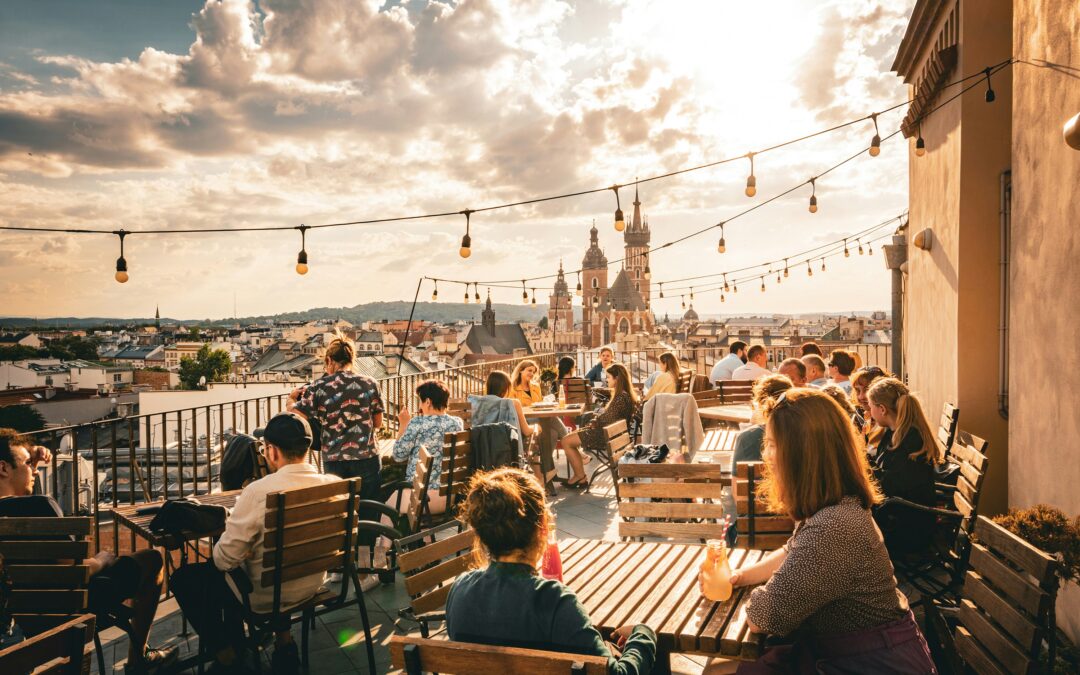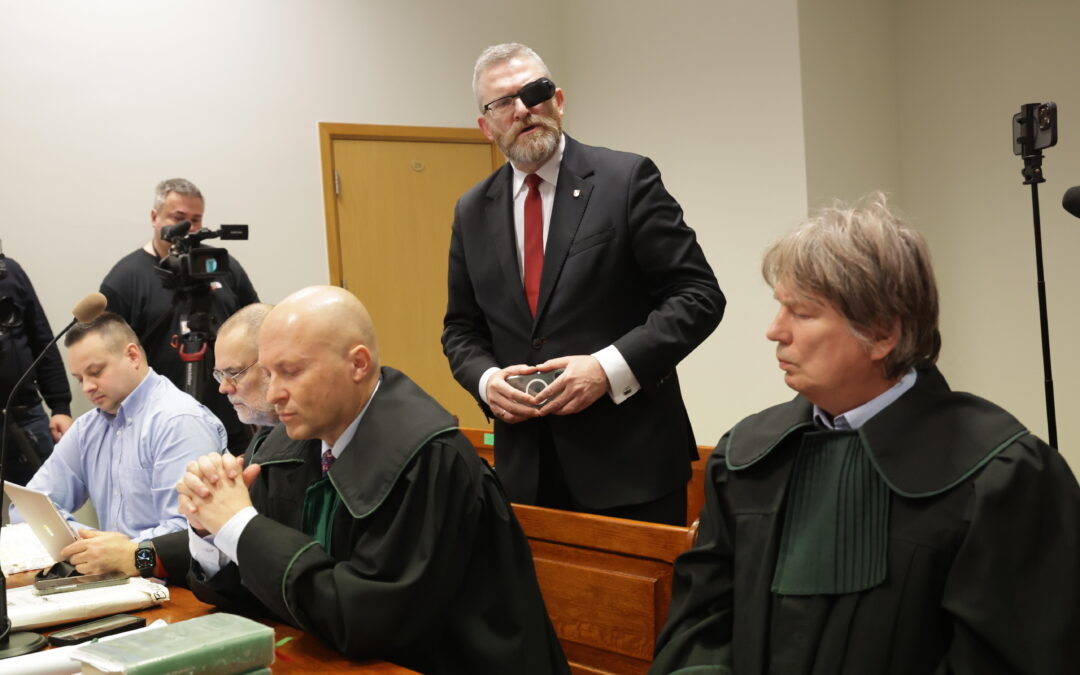Keep our news free from ads and paywalls by making a donation to support our work!

Notes from Poland is run by a small editorial team and is published by an independent, non-profit foundation that is funded through donations from our readers. We cannot do what we do without your support.
Kraków, Poland’s second-largest city and most popular tourist destination, has asked the government to change the law so that it can introduce a new tax on tourists in response to growing visitor numbers.
Last year, over seven million tourists visited Kraków, including around 900,000 from abroad. However, unlike many popular tourist destinations, the city cannot charge a tourist tax because Polish law does not allow for it.
Municipalities are allowed to charge something called an opłata miejscowa – which can be loosely translated as a “visitor’s fee” – but must meet very strict criteria to do so. Kraków levied such a fee between 2004 and 2015, but was subsequently unable to do so due to changes in environmental regulations.
That fee is intended mainly for “health resorts by the sea or in the mountains, where the climatic conditions are good”, notes Łukasz Maślona, a city councillor in Kraków, quoted by Radio Eska. Kraków, by contrast, has some of Poland’s – and Europe’s – worst air pollution.
The city also notes that the maximum rate allowed under the fee is in any case just 3.22 zloty (€0.75) per night. By contrast, Greece’s tourist tax – which is levied on accommodation – has a maximum rate of €10 per night.
The district of Zabłocie in Kraków has been ranked as one of the “coolest neighbourhoods in the world” by @timeout.
"Zabłocie is at once lived-in and lively: a well-blended cocktail of culture, history, dining and local life," writes the magazine https://t.co/BZqz5MRyZ8
— Notes from Poland 🇵🇱 (@notesfrompoland) September 27, 2024
In a vote on Wednesday this week, the city council unanimously supported a resolution calling on the national government to allow municipalities to charge a tourist tax through an amendment to the tax law that Kraków has prepared in cooperation with the Association of Polish Cities.
“The experience of European cities indicates that the phenomenon of touristification of many attractive locations is becoming an increasingly serious problem,” reads the resolution, which is addressed to Prime Minister Donald Tusk and the ministry of sport and tourism.
“Overtourism leads to tensions and social discontent in many places in Europe,” it adds. “The local community suffers from this…because residents increasingly feel like tourists in their own city.”
The money raised from the fee – which Maślona estimates would be 30-50 million zloty (€7-11.6 million) annually – “could be used to implement projects that fit into the policy of sustainable tourism, and therefore aim to improve the comfort of residents and visitors”, says the city.
Michał Drewnicki, another city councillor, believes it should be used for “compensating residents, especially in the city centre, for problems generated by tourism…[such as] noise, damaged roads and traffic jams”.
With its medieval market square and UNESCO-listed Old Town, Kraków is regularly named as one of Europe’s best city break destinations. While that is a boon to the local economy, it also often causes tensions with local residents, who complain about noise and disruption.
Poland will be among the countries to see a rise in summer tourism as climate change pushes holidaymakers north, predicts travel giant TUI, which plans to increase investment there
Poland has 770km (480 miles) of coast, much of it made up of sandy beaches https://t.co/wBvyPvkVPC
— Notes from Poland 🇵🇱 (@notesfrompoland) August 10, 2023
In 2020, the city formed a partnership with Airbnb to promote responsible and sustainable tourism. The following year, it launched a “tourist patrol scheme” to inform visitors of the “rules and norms they should follow”. In 2023, it banned the sale of alcohol in shops during the night.
Most recently, in July this year, the city appointed a “night mayor” who will be responsible for reconciling the needs of residents, business owners and tourists.
This year has seen mass protests in Spain against overtourism. Venice in Italy recently trialled a €5 “access fee” for visitors to the city in response to longstanding complaints from residents about tourist numbers.
Kraków has appointed a “night mayor” who will be responsible for reconciling the needs of residents, business owners and tourists.
The city is Poland's biggest tourist attraction, which is a boon to the local economy but causes tension with residents https://t.co/SlPGBzY8oE
— Notes from Poland 🇵🇱 (@notesfrompoland) July 17, 2024

Notes from Poland is run by a small editorial team and published by an independent, non-profit foundation that is funded through donations from our readers. We cannot do what we do without your support.
Main image credit: Sylwia Bartyzel/Unsplash

Daniel Tilles is editor-in-chief of Notes from Poland. He has written on Polish affairs for a wide range of publications, including Foreign Policy, POLITICO Europe, EUobserver and Dziennik Gazeta Prawna.



















